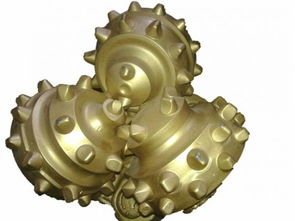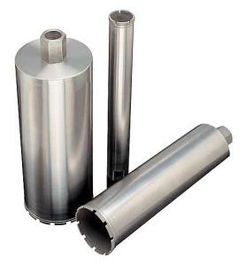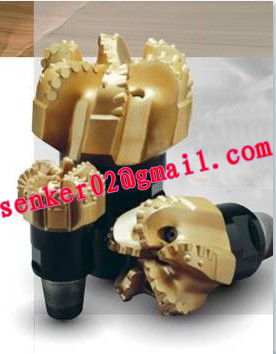
Understanding the Drill Bit for Concrete: A Comprehensive Guide
When it comes to drilling into concrete, the right drill bit is crucial. Whether you’re a DIY enthusiast or a professional contractor, choosing the right drill bit for concrete can make all the difference in the quality and efficiency of your work. In this article, we will delve into the various aspects of a drill bit for concrete, including its types, materials, features, and usage. Let’s get started.
Types of Drill Bits for Concrete

There are several types of drill bits designed specifically for concrete. Each type has its unique features and is suitable for different applications. Here are some of the most common types:
- Concrete Masonry Bits: These bits are designed for drilling holes in concrete blocks, bricks, and other masonry materials. They have a carbide-tipped tip and a spiral flute design that helps in chip removal.
- Core Bits: Core bits are used for drilling larger diameter holes in concrete. They have a hollow center and are available in various sizes. These bits are ideal for electrical conduit installation, water line repairs, and other heavy-duty applications.
- Hammer Bits: Hammer bits are designed for drilling through concrete with minimal effort. They feature a chisel-like tip that breaks up the concrete as the bit rotates. These bits are great for drilling holes in dense concrete structures.
- Black and Decker Concrete Bits: Black and Decker offers a range of concrete bits that are suitable for various applications. These bits are known for their durability and performance.
Materials Used in Drill Bits for Concrete

The material used in a drill bit for concrete plays a significant role in its performance and longevity. Here are some common materials used in drill bits for concrete:
- High-Speed Steel (HSS): HSS is a popular material for drill bits due to its strength, durability, and heat resistance. It is suitable for drilling holes in concrete, brick, and other masonry materials.
- Carbide: Carbide is a hard, durable material that is used in drill bits for concrete. It is ideal for drilling through dense concrete structures and offers excellent wear resistance.
- Titanium Nitride (TiN): TiN is a thin coating applied to drill bits to improve their performance and longevity. It reduces friction and heat, resulting in faster drilling and longer bit life.
Features to Consider When Choosing a Drill Bit for Concrete

When selecting a drill bit for concrete, there are several features to consider to ensure optimal performance:
- Flute Design: The flute design of a drill bit affects chip removal and cooling. A good flute design ensures efficient chip removal and reduces the risk of bit clogging.
- Tip Material: The tip material should be hard and durable to withstand the abrasive nature of concrete. Carbide-tipped bits are ideal for this purpose.
- Shank Size: The shank size of the bit should match the chuck size of your drill. A proper fit ensures secure attachment and optimal performance.
- Coating: A coating, such as TiN, can improve the bit’s performance and longevity by reducing friction and heat.
Usage Tips for Drill Bits for Concrete
Using the right drill bit for concrete can make your drilling experience more efficient and less frustrating. Here are some tips to help you get the most out of your drill bit:
- Choose the Right Bit: Select a bit that is suitable for the type of concrete and the diameter of the hole you need to drill.
- Use the Correct Speed: The speed at which you drill can affect the bit’s performance and longevity. Consult the manufacturer’s recommendations for the optimal speed.
- Apply Light Pressure: Applying too much pressure can damage the bit and make the drilling process more difficult. Use light pressure and let the bit do the work.
- Keep the Bit Cool: Use a coolant, such as water or oil, to keep the bit cool and prevent overheating. This will extend the bit’s life and improve drilling efficiency.




